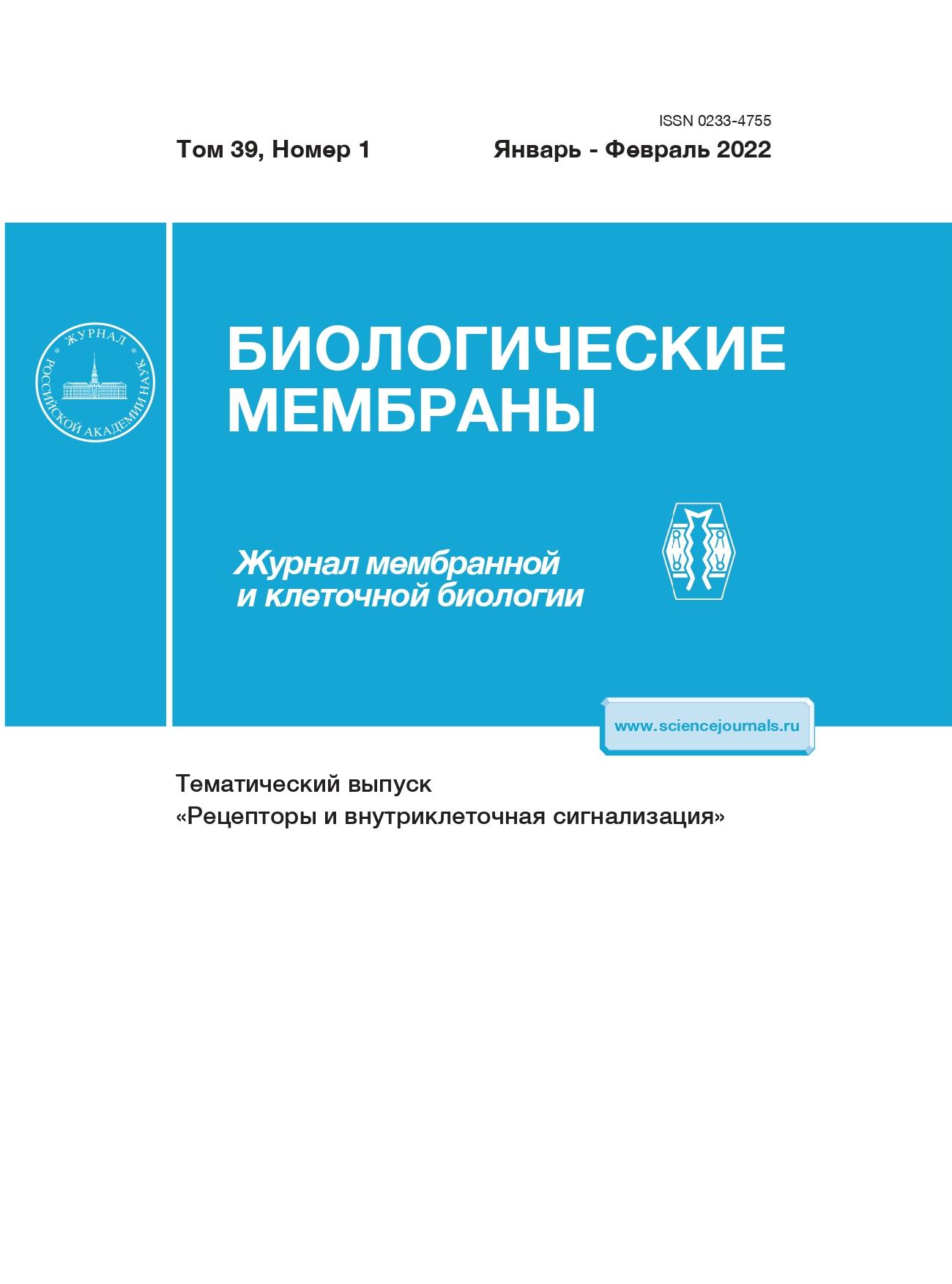
BIOLOGICHESKIE MEMBRANY
Journal of Membrane and Cell Biology

Journal of Membrane and Cell Biology
D. A. Serov, M. E. Astashev, V. G. Safronova
Biochemistry (Moscow), Supplement Series A: Membrane and Cell Biology. 2020;14(1):34-43
Pages: 34-43
Extracellular adenosine triphosphate (ATP) is a critical signaling molecule that modulates various cellular processes, particularly in immune cells, via purinergic receptors. This study investigated the influence of exogenous ATP on the functional responses of murine bone marrow granulocytes, a heterogeneous population of innate immune cells essential for host defense. The primary objective was to elucidate the specific mechanisms by which extracellular ATP affects key granulocyte functions, including phagocytosis, reactive oxygen species (ROS) production, and degranulation. Granulocytes were isolated from murine bone marrow, and their functional parameters were assessed using flow cytometry and luminescence assays following stimulation with varying concentrations of ATP. Our findings demonstrate that exogenous ATP significantly and dose-dependently modulates granulocyte activity. Specifically, ATP exposure was found to enhance ROS generation, a critical bactericidal mechanism, while simultaneously suppressing the rate of phagocytosis. This differential effect suggests a complex regulatory role for purinergic signaling in granulocyte activation. The observed responses are likely mediated by P2X and P2Y receptors on the cell membrane, highlighting the importance of the purinergic system in regulating innate immunity. These results provide novel insights into the immunomodulatory potential of the bone marrow microenvironment and suggest that targeting extracellular ATP pathways could offer therapeutic strategies for inflammatory and infectious diseases.